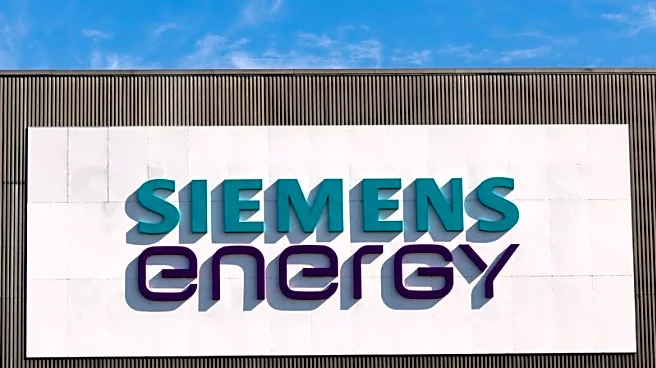What's Happening?
UCB has received FDA approval for Kygevvi, a combination of doxecitine and doxribtimine, marking the first approved therapy for thymidine kinase 2 deficiency (TK2d), an ultra-rare mitochondrial disease.
Kygevvi is indicated for patients whose symptoms begin by age 12. The approval is based on data from a Phase II clinical trial and retrospective studies, showing an 86% reduction in mortality risk compared to untreated patients. Common side effects include diarrhea, vomiting, and elevated liver enzymes. Kygevvi will be available in the U.S. in early 2026.
Why It's Important?
This approval represents a significant milestone in the treatment of rare diseases, providing a much-needed option for patients with TK2d, a condition that severely impacts muscle function and can lead to developmental delays and early death. The availability of Kygevvi addresses a critical unmet medical need, offering hope to patients and caregivers. The approval also highlights the FDA's commitment to advancing treatments for rare diseases, potentially encouraging further research and development in this field.
What's Next?
With Kygevvi set to hit the U.S. market in early 2026, healthcare providers and patients will soon have access to this new treatment option. The approval may prompt further research into mitochondrial diseases and encourage pharmaceutical companies to invest in developing therapies for other rare conditions. Additionally, the success of Kygevvi could lead to expanded indications or new formulations in the future.











